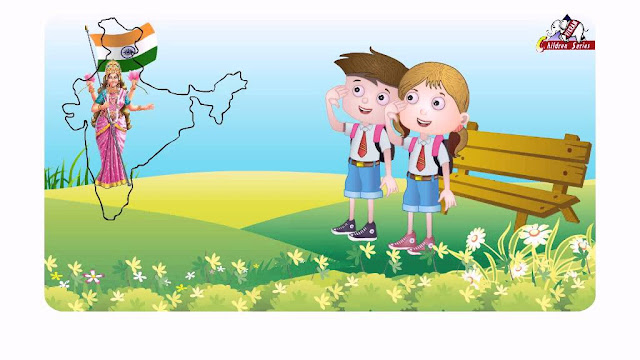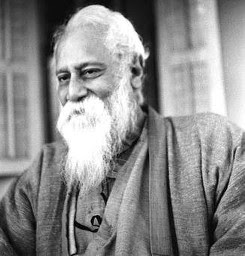The Impossibility of India

India is an impossible nation. In fact, that's exactly what the British colonialists used to say: India is no more a country than the Equator, Churchill quipped. A geographical expression, but no nation! The region east of Indus, as the Greeks knew it, was fragmented, by language, religion and customs, when ideas of nation and nationhood arrived from Europe. Churchill was only half wrong: India was never a nation like the European ones. But he is half-wrong because India existed. India may not be a nation, but the implicit assumption that a country has to be one 'pure' nation is apparently wrong. That Scots voted to stay in Union did not mean that they had given up their national identity; nor did a thousand years cured the Welsh of their Welshness. Nation and its territoriality are neat concepts on paper but hardly exist in its imagined form anywhere. Believe it too much and you get Brexit. Besides, such territorial ideas are European. Asia long existed as co...



